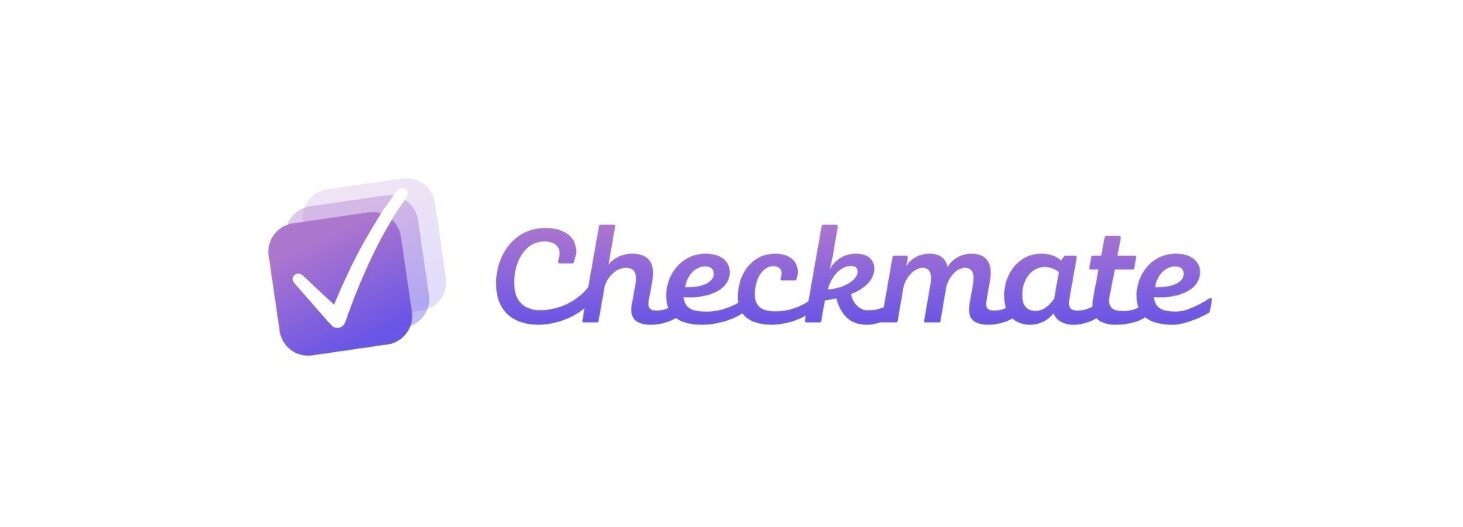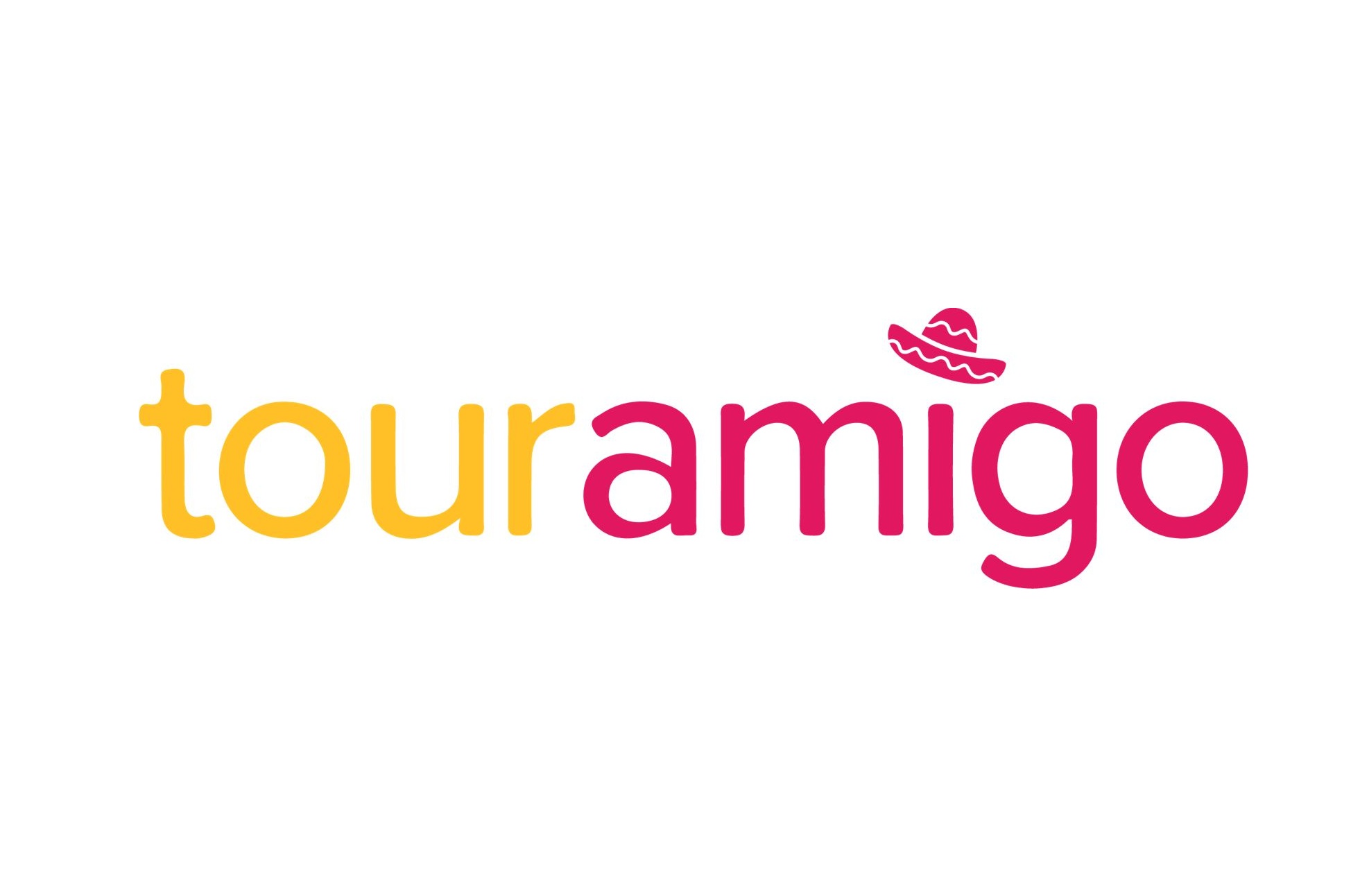There is nothing more valuable to a business than expertise and know-how. It’s necessary to inform critical business decisions, improve operations, and drive growth. The problem is a lot of that knowledge is stuck inside the heads of experts. To address this, Peggy Choi came up with the idea for a knowledge marketplace— a platform where businesses can speak to experts to converse and exchange insights.
Fittingly, she called it Lynk.
Since Wavemaker Partners funded Lynk, the value of their customers has grown over 5x, through gaining institutional clients and increasing experts on the platform. Revenue growth was 3x in 2018 alone as Lynk gained market share from business intelligence incumbents. Recently, Lynk also saw a partnership with the World Economic Forum.
With more than 500,000 executives, specialists, engineers, retired professionals and thought leaders from all over the world on the platform, there’s enough knowledge to go around and drive businesses forward.

To “Google” inside expert brains
Peggy Choi started her career in finance. She worked at institutions like Goldman Sachs, Silver Lake, and TPG Capital and noticed something very interesting: these big corporates always had access to knowledge experts.
They had a web of lawyers, advisors, and C-level experts they could readily tap for advice. And they were willing to pay for it, too.
This was interesting to her because her parents were artists and ran a small art gallery to get Peggy through school. They always had business questions but had no one they could turn to for answers.
That’s when Peggy realized this was a problem worth solving.
“Individually, we all have our knowledge that comes from experience. If you have a question, sometimes, the best answer is to talk to the right person. You can go through ten pages of Google page results but that one person can synthesize all the takeaways from their firsthand experience for you and give you advice,” she says.

How a B2B knowledge marketplace works
The idea of a knowledge marketplace seems counterintuitive in the golden age of information. Since the advent of the internet, people have simply googled all their queries away.
But what Peggy noticed was that many fail to realize the enormous difference between information and knowledge.
While hordes of information are available at our fingertips at any given time, much of it is largely unfiltered, unrelated, and unverified. It would take a lot of effort to research and cross-check everything, especially in a world where misinformation is common. And even if the information gathered were meticulously cross-checked, it would still be difficult to discern an action from it.
Not many people saw this opportunity when Lynk raised its seed round in 2015.
It all started with a cold email
So when Peggy sent Paul Santos, Managing Partner of Wavemaker Partners SEA, a cold email about her idea, he responded immediately. It was the first cold email he had ever funded, and Lynk has proved to be an enormous success.

Using a knowledge-as-a-service business model, Lynk allows professionals to monetize their expertise, and as a result, make their knowledge more accessible to those who need it. Even enterprises who have built their own network of experts and advisors can leverage on Lynk to efficiently tap internal networks and expand their external access to knowledge resources on a global scale.
The platform is built on a people search engine powered by proprietary technology. Users go on Lynk, run a search of the kind of expert they need, and a list of recommended experts would be provided. From there, it’s just a matter of getting in touch with an expert and having a meaningful conversation.
Lynk is also omnichannel, enabling synchronized communication across devices and interactive emails, fitting into their client’s workflows seamlessly.
A lot of Lynk experts have also gone on to assist enterprises further after their consultations. They’ve done everything from reviewing technical bottlenecks in factories to training corporate teams on niche topics like blockchain and machine learning.
Today, Lynk has five offices all over the world: New York, Singapore, Mumbai, Hong Kong, and Shanghai. With their recent round of funding, they’re looking forward to making their platform available to a broader market.
In an age where everyone thinks Google is all they need, it seems there’s still plenty of room to learn.







